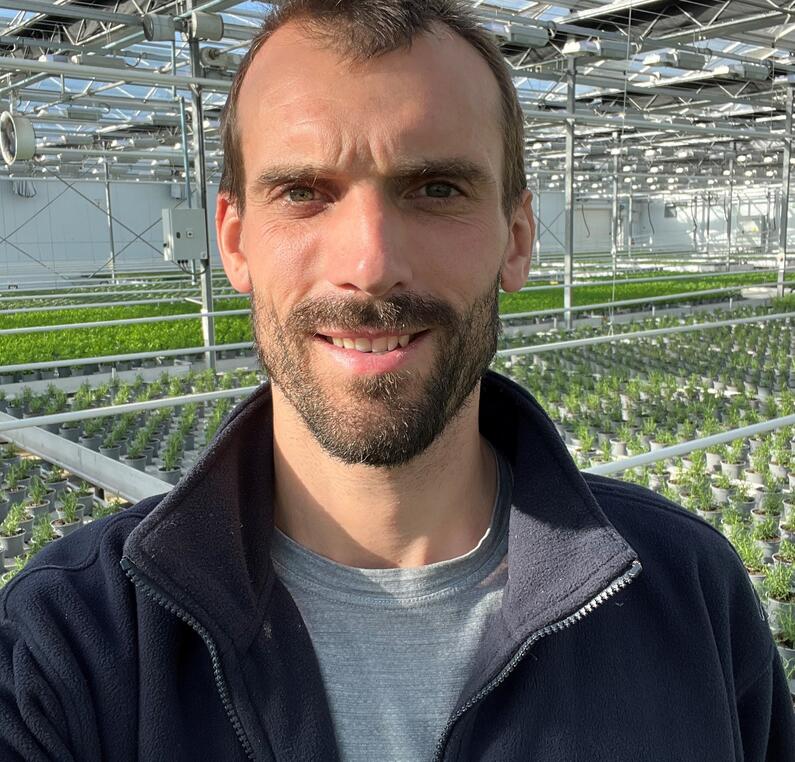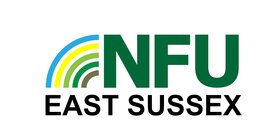
Sam Brook
I grew up on a farm in West Sussex and loved it, but my first career was in Shipping. After 8 years in that industry in various countries, I found myself drawn back into food production. I retrained via a MSc at Reading and entered the Horticultural world as a junior grower at a tomato nursery. I now head up the agronomy for Vitacress Herbs’ production in W Sussex, and with FACTS, BASIS and typical conventional knowledge under my belt, I now want to layer on working with nature to a greater extent – primarily through substrate choice and natural, microbial nutrient cycling. I find the natural world quite amazing and have really enjoyed learning how this can fit into food production. With 3 children now, and acutely aware of the climate crisis, I am looking at their future and want to do something meaningful and beneficial for them and the planet. That drives my passion to become a Nuffield Scholar and accelerate my learnings, which I can then bring to this great industry. I am very grateful to Nuffield for the opportunity and to my two sponsors The Worshipful Company of Gardeners and East Sussex NFU for their generous support.
1. Biology based Agronomy: How can Horticulture grow in a more nature friendly way?
Worshipful Company of Gardeners

East Sussex NFU

Study Overview
Peat has been a valuable resource for growers all over the world, and for good reason: it works well, is well-understood and is cheap. However, it can also be argued that a lot of the externalities of its use are not priced into the equation, and with both regulation round the corner, and Global Warming worsening, I think we need to do better. I already have extensive experience of working with peat free alternatives in what I would call the conventional sense, but I want to take that further & look at a more circular and environmentally friendly way of growing where we work with natural processes better. This will be difficult as we know that using microbial nutrient cycling in a small pot and fast rotation is very challenging in intensive conventional horticulture. My ambition is to challenge some of the traditional ‘lock-ins’ from this type of production system: mainly reliance on technology and high synthetic inputs, and travel to understand the world of alternative substrate creation. I will visit growers alongside this in order to complete the journey and grasp the realities of growing in them at scale. I believe there is huge potential for positive change in the food system and want to do my part to effect that as best I can.